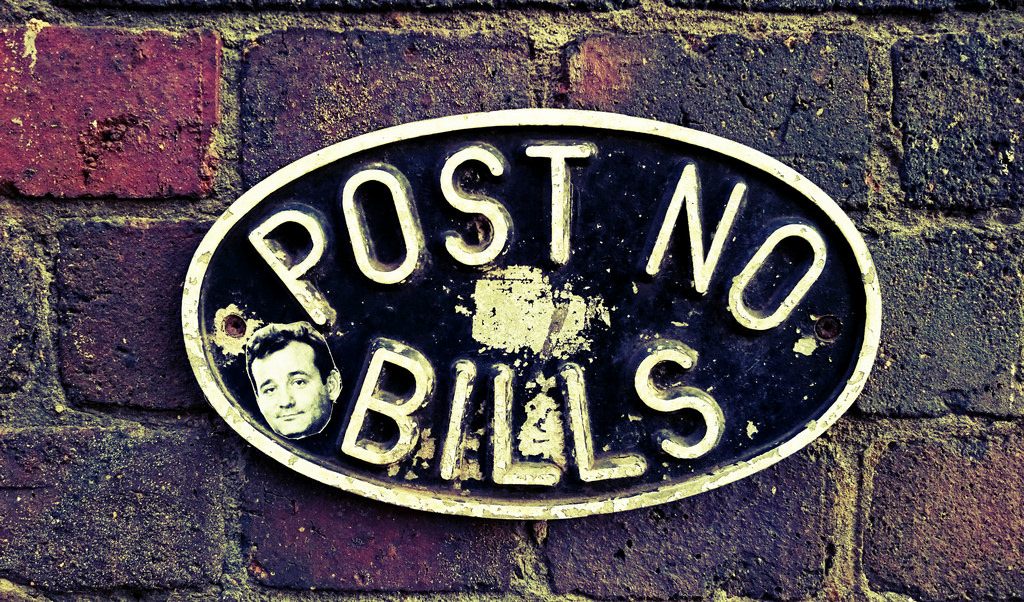
One of the main items on the agenda for the Theme Review Team this week was to finalize what type of upselling is allowed in themes hosted on WordPress.org. With the requirement of using the customizer for options, theme authors have gotten creative with upsells and will sometimes include panels and sections that are inoperable unless the user purchases the commercial version.
The team voted on a set of guidelines previously discussed. The counts shown below represent votes in favor of each individual guideline, and no members voted against any of them, according to the reckoning Justin Tadlock posted in the meeting notes:
- No global nags at top of admin pages. +12
- One top-level link in the customizer (other unobtrusive links in sections allowed). +8
- Allow one Appearance sub-page. +11
- No options or panels/sections behind a paywall. +11
Overall, team members agreed that any upsell links should be unobtrusive and the new proposed guidelines favor keeping the customizer clean and the Appearance menu simple. Although the majority of Theme Review Team members are in favor of the items above, their inclusion in the handbook is not yet set in stone.
“Note that we might change some of the wording for clarity if/when these become guidelines,” Tadlock said. “The admins will review these items for inclusion as guidelines and have further discussion if need be.”
Theme Review Team Considers Adding a Tag to Designate Themes with a Commercial Upgrade
Contributors are looking to add a new designation for freemium WordPress.org extensions that have commercial counterparts available elsewhere. In a recent Meta Team meeting, Matt Mullenweg proposed an agenda item for consideration in the redesign of the Plugin Directory.
“I would love for y’all to figure out a tagging system that will help people know better what’s behind the installation of a plugin,” Mullenweg said. “Does it connect to an external service? Is there a premium version? Is it useful without those things?
“If we can figure out a way to classify those three as examples, it’ll cover a lot of business models people are attempting in the directory,” Mullenweg said, referring to the original examples of Akismet, VaultPress, and Jetpack that he mentioned previously.
“This can be separate from the 3-tag limit,” he said. “It’s really a special tag, and honor system is fine to start for self-classification.”
This hasn’t yet been implemented in the new Plugin Directory, but Konstantin Obenland has the item on his list for when the Meta Team moves forward with an overhaul of the tagging system.
As a result of this discussion, the Theme Review Team is also considering adding a “pro” designation for themes that have a commercial version available. Tadlock said that the team will be following up on the plugin directory discussions and will look to implement improved tagging in line with what the Meta Team decides.
The Theme Review Team ran out of time during this week’s meeting but will discuss the possibility of a “pro” tag next week. If you want to be part of this discussion, make sure to join the #themereview channel on WordPress’ Slack.
As a user who has tried out numerous themes on the repo, I am insanely annoyed by customizer setting options that say pro only.
I’m all for paid themes if they get me what I want, but a free theme with upsells is not freemium. It’s a puzzle piece model. Have you ever almost completed a puzzle with one or two pieces missing? It’s insulting.